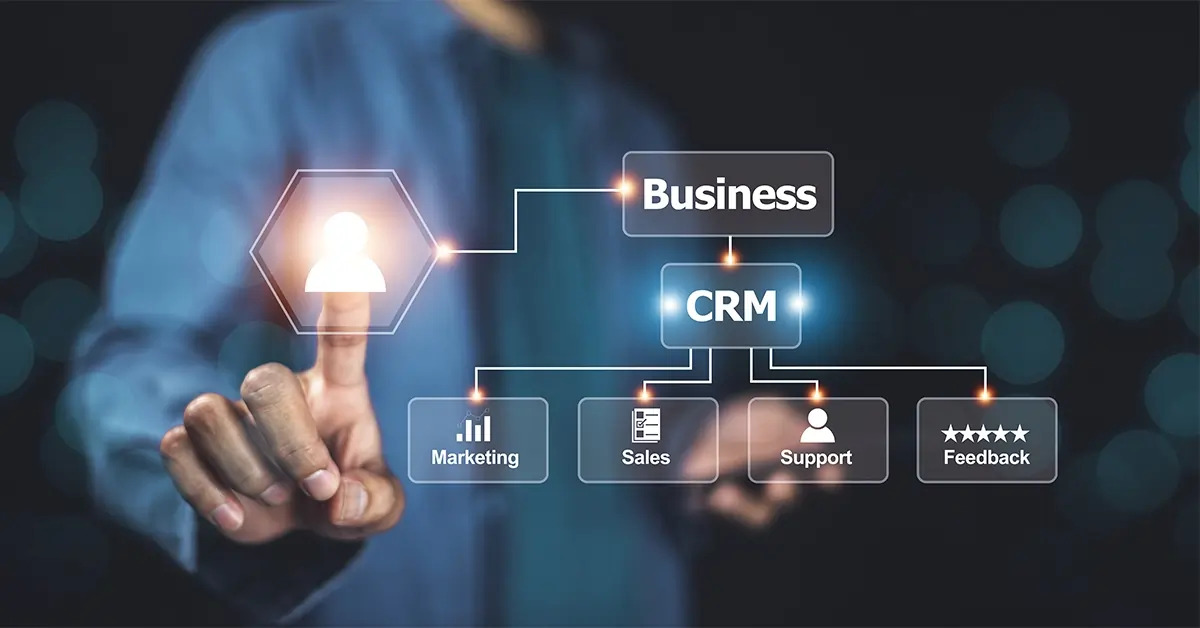What is CRM Experience and Why is it Important?

Mastering customer relationships is like finding the secret sauce to success in business today, and the Customer Relationship Management (CRM) experience seems to be the main ingredient in that sauce.
CRM management helps you deepen customer relationships by making every interaction feel as personalized as brewing your morning coffee.
In this blog post, we will cover the importance of customer relationship management experience, and it helps to improve your CX. Let’s dive in!
Table of Contents:
- What is CRM Experience?
- Why is CRM Experience Important for Your Business?
- How does CRM Help Improve Customer Experience?
What is CRM Experience?
CRM experience is all about getting the most out of Customer Relationship Management (CRM) software.
It involves using the CRM system to its full potential to streamline interactions with leads and customers. This involves storing customer data, automating tasks to free up sales reps’ time, and leveraging insights from the CRM to personalize marketing efforts.
Why is CRM Experience Important for Your Business?
Having good CRM experience is crucial for businesses as it leads to stronger customer relationships and increased efficiency because of it:
1. Increases Sales
CRM plays an important role in boosting sales by effectively tracking leads, managing customer interactions, and identifying opportunities to close deals.
2. Enhances Customer Satisfaction
CRM enhances customer satisfaction by providing personalized service, timely support, and efficient communication, leading to better customer experiences.
3. Improves Customer Retention
CRM improves customer retention by building stronger relationships, addressing customer needs proactively, and ensuring consistent, high-quality service.
4. Facilitates Marketing
CRM facilitates marketing by enabling targeted campaigns, tracking customer preferences, and analyzing data to optimize marketing strategies and reach the right audience.
5. Reduces Costs
CRM reduces costs by improving efficiency, automating routine tasks, minimizing errors, and reducing the need for manual data entry, ultimately lowering operational expenses.
6. Strengthens Brand Reputation
CRM strengthens brand reputation by ensuring consistent, high-quality customer service, promptly addressing customer issues, and building trust and loyalty through personalized interactions.
How does CRM Help Improve Customer Experience?
CRM helps improve customer experience by:
1. Personalizing Interactions
CRM personalizes interactions by using customer data to tailor communication, offers, and recommendations based on individual preferences and purchase history, making customers feel valued and understood.
2. Facilitating Employees
CRM empowers employees by providing them with comprehensive customer information, efficient tools, and automated processes, enabling them to deliver better service, resolve issues quickly, and make informed decisions.
3. Providing Proactive Support
CRM provides proactive support by anticipating customer needs, identifying potential issues through data analysis, and addressing them before they become problems, enhancing overall customer satisfaction.
4. Centralizing Data
CRM centralizes data by consolidating customer information, interactions, and history into a single, accessible platform, making it easier for employees to provide consistent and informed service.
5. Enhancing Communication
CRM enhances communication by providing tools for seamless interaction, ensuring all customer-facing teams have up-to-date information, and facilitating clear, consistent messaging across all channels.
Bottom Line
Leveraging CRM experience effectively helps you build better relationships with customers. By leveraging CRM tools, you can provide personalized service and make smarter decisions, leading to happier customers.
Related Post
Copyright © gocustomerexperience.com. All Rights Reserved.




